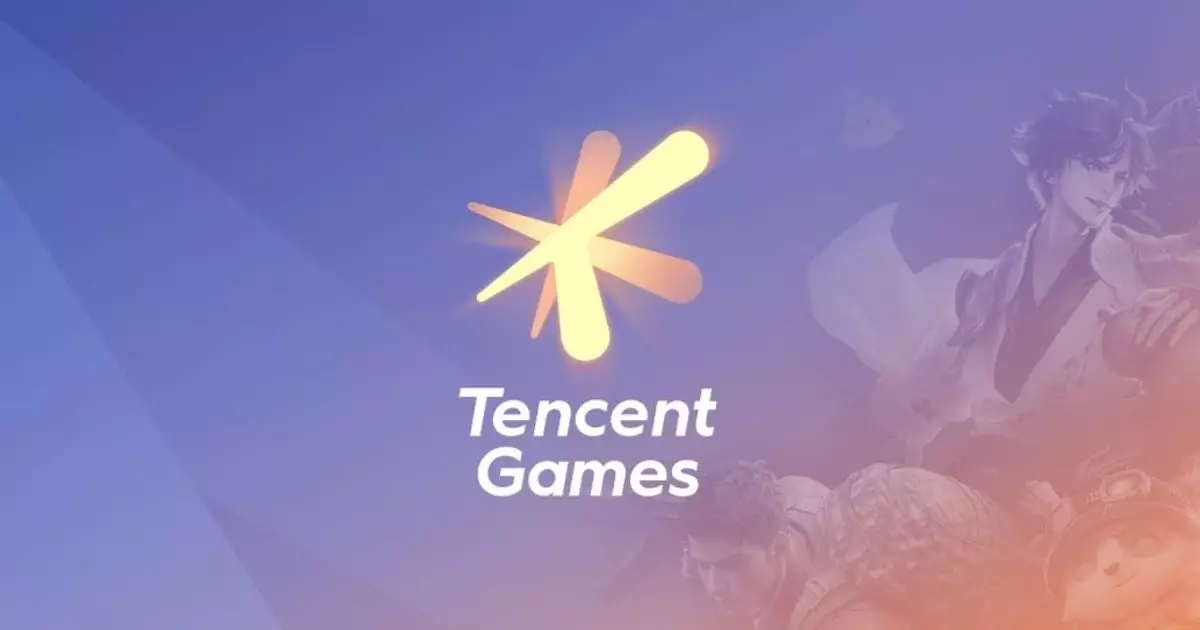In a surprising move, the U.S. federal government has categorized Tencent, a major Chinese video game publisher, among companies associated with military activities. Tencent, known for publishing popular games such as League of Legends and Path of Exile through its subsidiaries Riot Games and Grinding Gear, finds itself in a complex and challenging situation. This designation is part of a broader initiative aimed at scrutinizing the connections between Chinese military operations and civilian technology firms. Such concerns predominantly stem from the belief that entities like Tencent may inadvertently contribute to military capabilities under the umbrella of civil enterprises.
The implications of being placed on this list, which notably includes corporations flagged for their ties to military endeavors, could be significant for Tencent. The mere association with military designations can invoke reputational damage, reduced investor confidence, and complications in international collaborations. However, the nuances of this situation reveal a landscape rife with political tension and misunderstandings about the nature of business operations across borders.
Tencent’s Response: A Declaration of Innocence
In light of this predicament, Tencent quickly responded to the allegations, asserting that the designation resulted from a fundamental misunderstanding of their operations. A spokesperson previously articulated that Tencent’s activities are firmly rooted in the gaming and tech sector, without any military connections. However, further escalation has led to a public statement from Tencent’s chairman, Ma Huateng, and the executive board, which outlines their commitment to contesting this classification legally if necessary.
This assertion reflects not only the desire to protect the company’s image but also an urgent need to clarify the distinction between military affiliations and civilian technological advancements. They contend that, unlike other entities that may have legitimate military connections, Tencent does not engage in practices that would classify it as part of China’s military-industrial complex. Such a position is crucial, as it underscores a fundamental disagreement with the U.S. Department of Defense’s interpretation of their operations.
Tencent’s statement emphasizes readiness to enter a legal reconsideration process, which would involve discussions with the U.S. Department of Defense to rectify the misclassification. This strategic move also signals Tencent’s intention to pursue litigation if amicable resolutions cannot be established. Legal proceedings could potentially unravel a broader conversation regarding the implications of such labels and the processes by which companies can challenge their categorization on governmental lists.
Historically, Tencent’s stance is not unique. Companies such as DJI, a prominent drone manufacturer, and Hesai Technologies, known for Lidar production, have previously taken similar actions after facing military designations. This trend illustrates a growing contention between Chinese tech companies and the U.S. government, raising questions about the criteria used for designating companies and the political ramifications these designations hold.
The ongoing situation with Tencent unveils a layer of complexity in U.S.-China relations, particularly in the realm of technology. As geopolitical tensions continue to escalate, both nations are navigating a turbulent landscape where business operations are increasingly scrutinized under a national security lens. Consequentially, such actions could lead to a chilling effect on international collaborations, innovation flows, and market stability.
Moreover, designations such as that imposed on Tencent not only have immediate impacts on the company but also serve as a bellwether for the climate surrounding U.S.-China technological relations. With both governments eyeing each other’s movements with suspicion, the fear of reciprocal actions could lead to a more fragmented global economy where tech companies may find themselves entangled in an escalating political feud.
As Tencent navigates this challenging landscape, its forthcoming actions—whether through legal channels or diplomatic engagements—will dictate its future standing in both the U.S. market and the global gaming landscape. The company’s robust response reflects the importance of maintaining clarity in a tense international environment where misunderstandings can lead to significant consequences. Whether Tencent’s efforts will yield favorable outcomes remains to be seen, but this development certainly highlights the fraught intersection of technology and international politics, reinforcing the need for careful scrutiny and dialogue amid increasing tensions.

